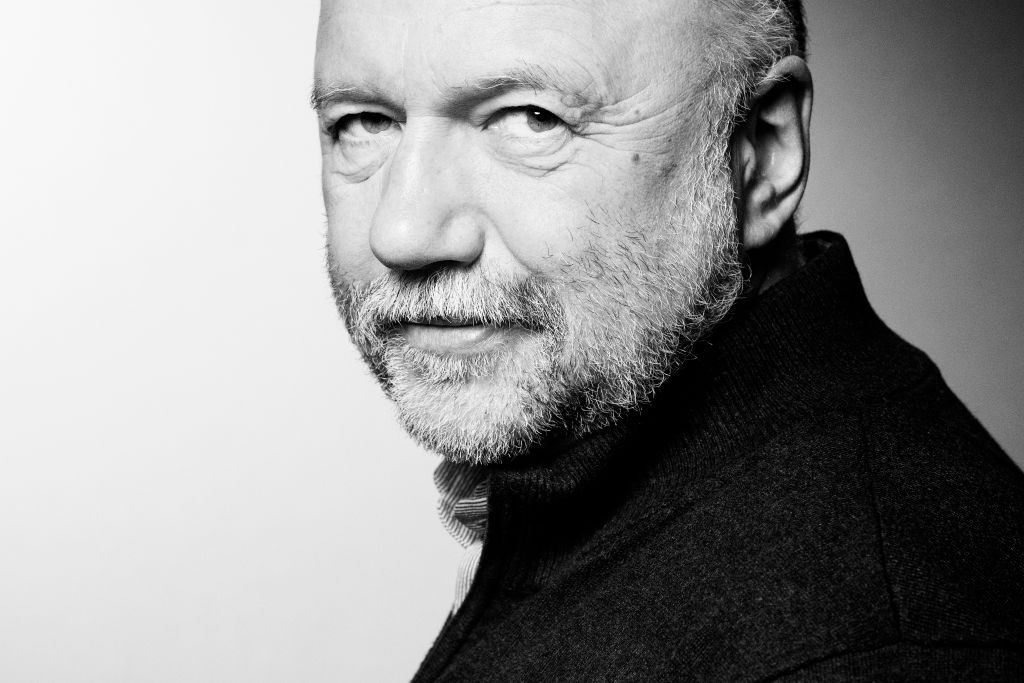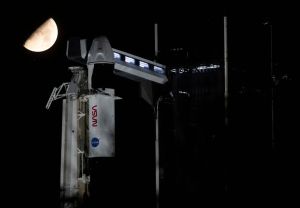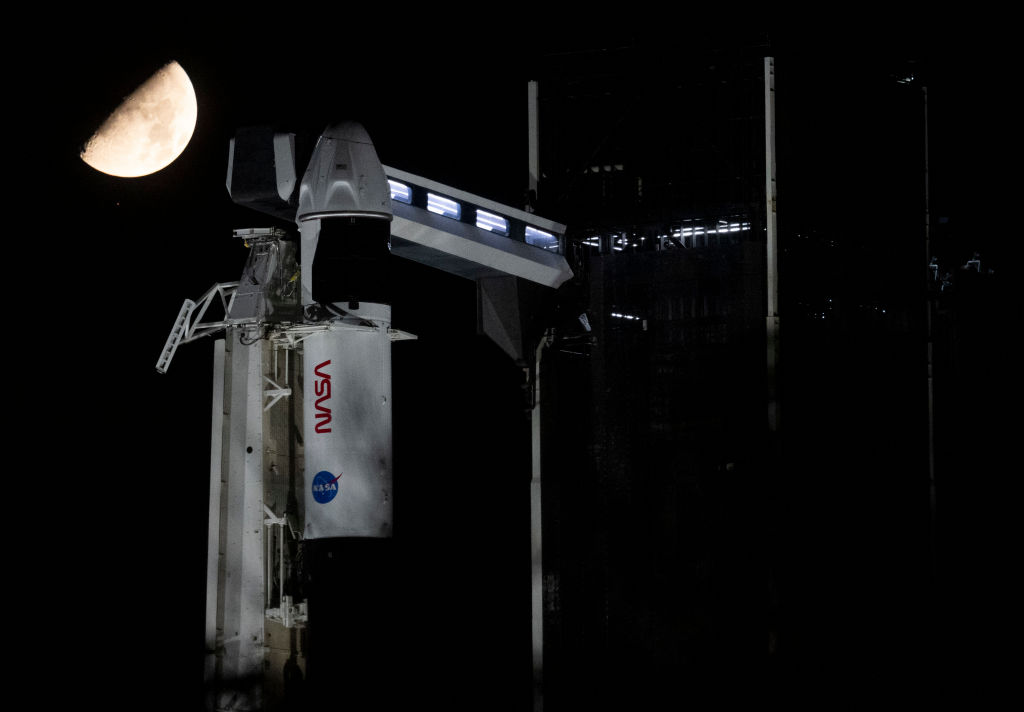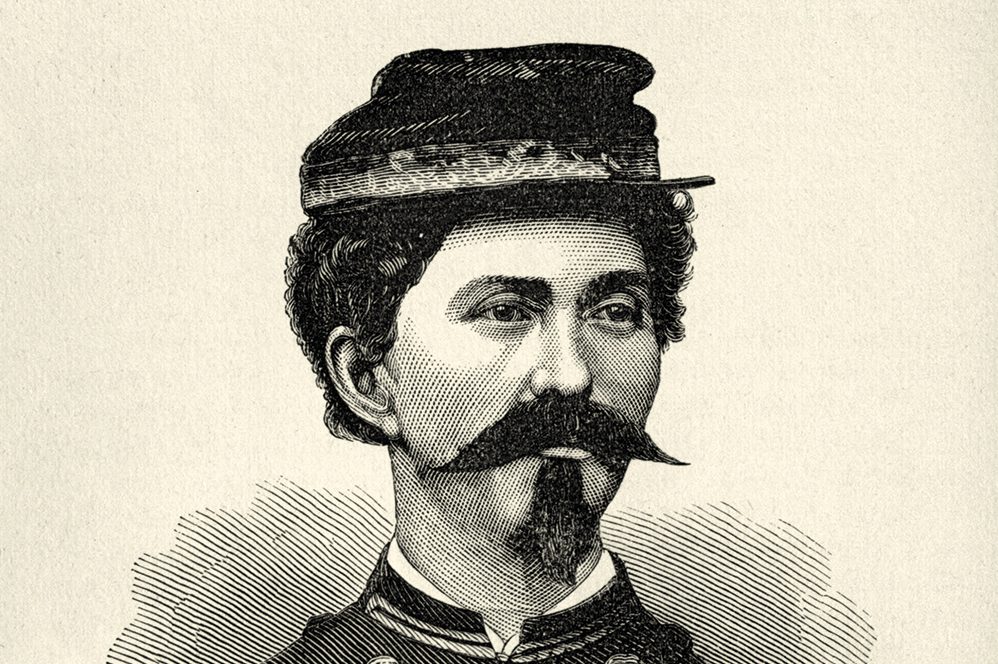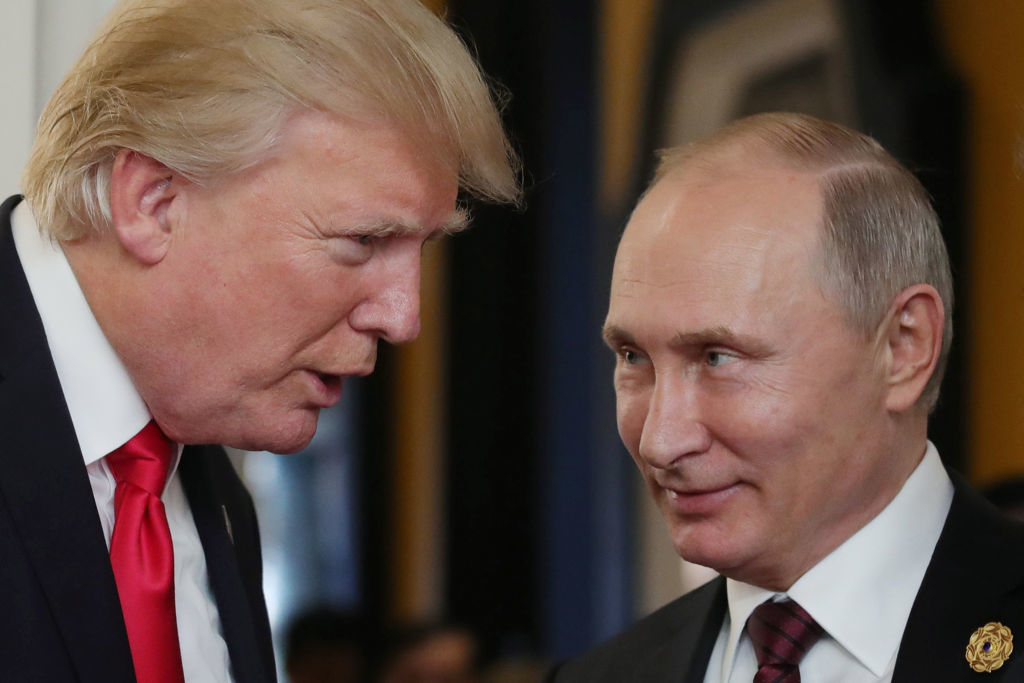“War and books are incompatible,” decided Andrey Kurkov, one month into Putin’s war against Ukraine. Reading his Diary of an Invasion, it’s not hard to see why he thinks so. Homes are evacuated; air raid sirens go off day and night. You get shelled. There is a never-ending cascade of bad news: about friends, about war crimes, about the possibility of nuclear catastrophe. The loss of luxuries. No tonic water, no whiskey-and-soda. There isn’t much time to think.
Kurkov’s book came to the attention of the West when it was published in the UK last September. Since then, it has emerged as one of the first serious works of literature to come out of Ukraine since the invasion. After the passage of the first anniversary of the war, it is also due for reappraisal in time for its US release in April. In those parts of the West won over by Ukraine’s struggle, it was warmly received at the end of a summer that saw the Ukrainian army score a number of decisive offensives. Then winter came: trenches were dug, Bakhmut dragged on and the reality of a drawn out and expensive commitment started to dawn. Reading Kurkov’s book now, it feels like it belongs to a very different, much simpler time.
As the war and the debate about how it will end rages, Kurkov carries on writing. He has done so since 2014; whatever happens in Ukraine, he will not stop his “diary of Russian aggression.” Born in Leningrad when Khrushchev was still in power, he started his career selling his work in the street before gaining success in the post-Soviet world with his satire Death of a Penguin. In 2018 he became the president of PEN Ukraine. He has an English wife. He is also, like a third of the country, a native speaker of Russian, a fact which has now placed him in the grip of an existential crisis.
In Kyiv these days, artists and writers talk about a failure of culture, not just in Ukraine but across the West. Putin invaded, and “the end of history” ended. No amount of writing or art seems able to stop the perennial problem of imperial aggression. Of course, Western intellectuals sneer at this simplicity, but for their equivalents in Ukraine the choice is now clear. Filmmakers document war crimes; artists dabble in activism. In Kurkov’s case, the shift to war mode has been a curious one. The man whose work has been compared to Kafka and Murakami — the dealer in black humor and surrealism — has found himself one of the country’s leading international voices in its worst crisis.
In light of this, the highest compliment that can be paid to Kurkov’s diary is that it is not a work of art. There is a clear didactic purpose at play: he means to explain Ukraine and its struggle to a Western audience. From December 2021, when the diary starts, we are told about past elections, Putin’s understanding of Ukraine’s history (invented by the Germans in 1918, then Lenin, apparently), the ongoing war in the Donbas, the important role of Ukraine’s veterans, Zelensky’s rise and his promise and failure to end the war in the East. We learn of former leaders: Poroshenko, Yanukovych and the many other ghosts stretching back to the Middle Ages that still haunt the country.
I put Kurkov’s book to the test as a guide when I visited Ukraine before Christmas. Using my Kurkov, I was able to bluff along with a number of other journalists, humanitarian workers and war tourists who now found themselves there. Zelensky? Oh yes, he’s great now, but remember how weak he was seen to be in annexed eastern territories. The Moscow Patriarch? Didn’t he refuse to stand at the state funeral of Ukrainian soldiers killed in the Donbas?
Spout another of Kurkov’s observations and inevitably you start to doubt yourself, knowing that back across the border, the debate that rages remains far more complicated. But for Kurkov, and indeed much of Ukraine, the struggle is clear. Russia invaded and unsettled his life. He wants the old Ukraine back. Living under Putin’s Russia doesn’t sound much fun. This is the simple message, not just in the Diary of an Invasion but in many of his articles and interviews across the world that have increasingly come to draw ever-clearer lines: Putin vs Ukraine, Nationalism vs Individualism, Russian language vs Ukrainian.
Visit Ukraine and you can see this supposedly simplistic struggle play out. In the liberated village of Tsyrkuny in the Russian-speaking Kharkiv Oblast, an Orthodox priest refused to speak to me in his native tongue, throwing my translator somewhat with his newfound Ukrainian. In conversation with journalist Nataliya Gumenyuk, I am told that those forced to make the choice between Putin and Ukraine in occupied territory find themselves in trouble. History teachers, writers — anyone remotely associated with Ukrainian identity — end up in basements being tortured, left for dead.
“Pretentious words like ‘truth, justice and motherland’ used to set my teeth on edge… Now I catch myself thinking pretentious thoughts,” Kurkov wrote in a Time article last year around the time he was finishing his diaries. Curiously, as Western attitudes toward the war become more complex, the sentiment in Ukraine becomes more obvious for the hundreds of thousands like Kurkov who now find themselves displaced, uprooted and thinking, remembering their past lives in the dark hours of the night. In 2023, these diaries may belong to another, more optimistic time, but one day they may be a useful reminder of how Ukraine was forced to choose its future.
This article was originally published in The Spectator’s April 2023 World edition.



